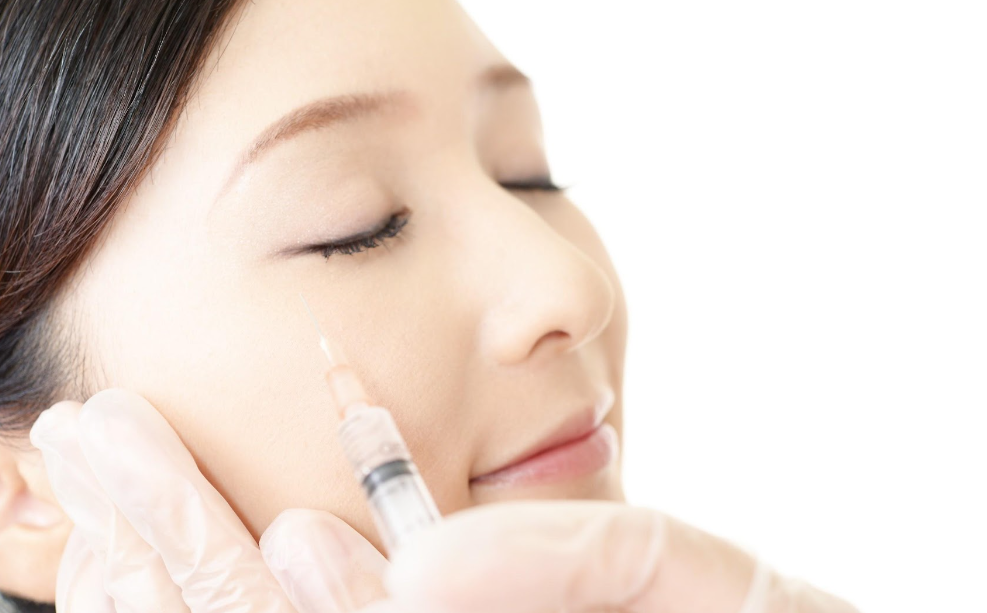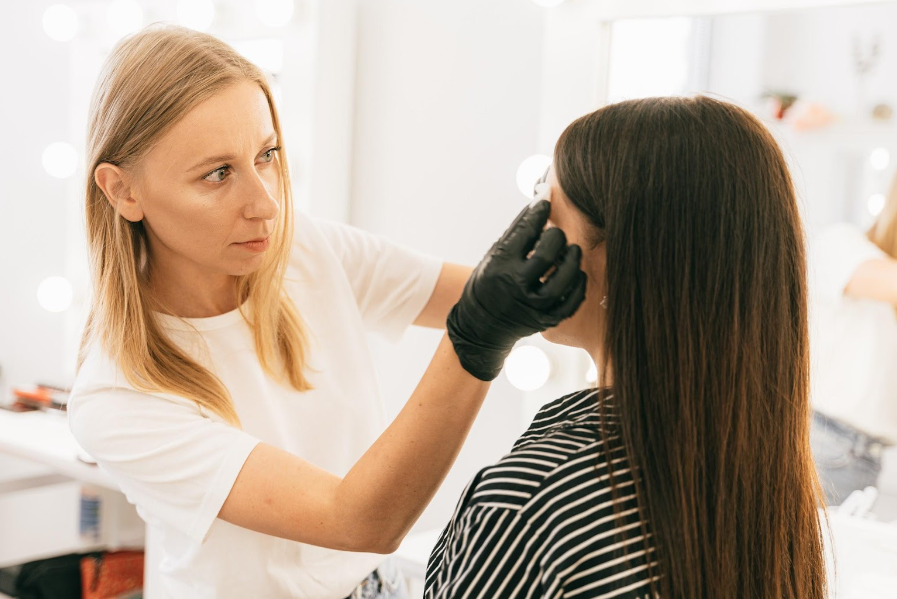Types of Acne: What Is Acne Conglobata?
Types of Acne: What Is Acne Conglobata?
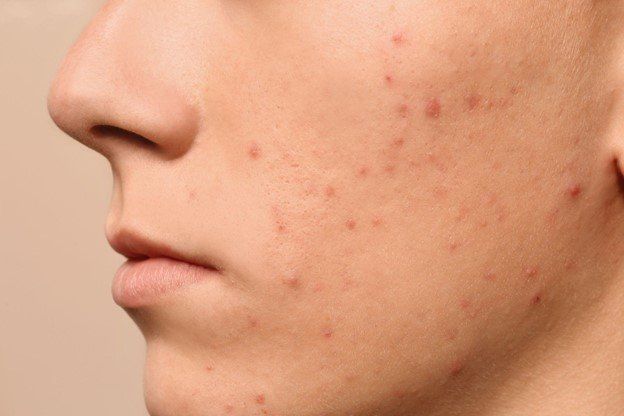
Acne conglobata is a very severe form of inflammatory, nodulocystic acne that is fairly rare in occurrence. Deep breakouts grow and spread actively below the surface of the skin which then group with each other via sinus tracts resulting in severe acne. This type of acne may result in disfigurement of the face, body, or permanent scar formation. Unsure whether you have acne conglobata or if you would recognize the symptoms of such acne? Read on to find out more!
What Is Acne Conglobata?
Acne conglobata is a chronic and severe form of acne vulgaris. It causes large inflammatory pimples, papules, and deep nodules that grow large in size. These nodules are often dome-shaped. The American Academy of Dermatology, states acne affects up to 50 million people across the United States each year. AC is one of the most severe types of acne and is more common in men between 18 and 30 years of age. White men are more prone to develop this condition. It is usually developed by young adults and is very rarely seen in women, children, or elderly people. Not much of this type of acne has been seen or reported outside the United States.
The differentiating factor about acne conglobata from other types of nodulocystic acne is that it causes large, draining, deep burrowing abscesses and sinus tracts. These sinus tracts are long, tunneling wounds under the surface of the skin. It induces polyporous comedones and non-inflammatory cysts. The comedones often occur in groups of three. The cysts often contain purulent, foul-smelling material that is discharged on the skin surface during a breakout like pus. Deep ulcers may form under the nodules, thereby producing keloid-type scars. Crusts may also form over deeply ulcerated nodules. Acne conglobata nodules are found on the shoulder, chest, upper arms, buttocks, face, and thigh.
Symptoms of Acne Conglobata
Patients affected by acne conglobata usually have a history of pre-existing acne vulgaris. Acne nodules develop deep in the pores as a result of clogged bacteria, oil, and skin cells. Such clogging results in plugs that harden and form the nodules. A classic indicator of this condition is the presence of paired or aggregates of blackheads on the trunk, neck, upper arms, and buttocks. The cysts occur on the back, buttocks, chest, forehead, cheeks, anterior neck, and shoulders. They contain a thick, yellowish, viscid, stringy, blood-tinged fluid. Initially, the nodular lesion may surface as a pimple, but underneath there is a vigorous inflammatory reaction and formation of pus. Gradually, the pus makes its way into the adjacent tissues and extrudes on the skin surface. Constitutional symptoms and anemia may accompany the inflammatory process.
What are the possible causes?
Acne conglobata may occur following the sudden worsening of pustular acne or may develop gradually following the recrudescence of acne that has been passive for many years. Active nodule formation usually persists for the first three decades of life and then becomes quiescent. There is no definite identification of a cause for the sudden development of acne conglobata. Some of the possible causes are as follows:
● Anabolic steroid use is often cited as one of the biggest triggers for acne conglobata. Over the past 30 years, there have been many reports on athletes with this type of acne. This condition is very common among bodybuilders.
● The body suddenly becomes intolerant or hypersensitive to a particular type of bacteria called Propionibacteria acnes that triggers acne. When this bacteria changes its reactivity as an antigen, the body overreacts, thereby causing causes severe inflammation and breakout development.
● Ingestion of thyroid medication and exposure to halogenated aromatic hydrocarbons may trigger acne conglobata.
● Rarely, acne conglobata can be associated with pyogenic arthritis and pyoderma gangrenosum, which is a rare condition that causes large, painful ulcers to develop on your skin.
● Acne conglobata can be hereditary. There is a tendency for this kind of acne to run in families. In some cases, AC is caused by an auto-inflammatory disorder. These types of disorders are genetic just like autoimmune diseases,
● Cases have also reported the appearance of AC in males after stopping testosterone therapy.
● For some, this condition may be triggered by exposure to aromatic hydrocarbons or ingestion of halogens. There is also an association with certain HLA antigens.
Diagnosis
The diagnosis is made clinically by a dermatologist. The Lesions are examined carefully and family history is studied before prescribing the course of treatment. Sometimes, additional tests like biopsy may be required to rule out other conditions such as carcinoma.
The differential diagnoses of acne conglobata include but are not limited to Acne fulminans, Acne vulgaris, Acne and suppurative hidradenitis (PASH) syndrome, Iododerma, and Bromoderma.
What Are the Treatment Options?
Due to the severity of the condition, acne conglobata cannot be treated with over-the-counter medication. However, some studies show that mild cases of acne conglobata can be treated with a low-glycemic-load diet, regular face washing, and the use of antiseptic.
● Some dermatologists prescribe the use of retinoids, most commonly isotretinoin, as a cure for acne conglobata. The prescription can be for as long as 20 to 28 weeks, or in some cases even longer, depending on the severity of the condition. Pre-treatment with prednisone and low initial doses of isotretinoin, as described for acne fulminans, are recommended to avoid the flaring of the disease. Some experts even recommend the use of oral prednisone for 14 to 28 days.
● Steroids have been shown to be effective when there are systemic constitutional symptoms. Systemic therapy with corticosteroids is used to suppress the intense inflammatory activity. Sometimes, steroid injections like intralesional triamcinolone are injected directly into a lesion on or immediately below the skin to treat this kind of severe acne.
● Minocycline, tetracycline, or doxycycline are antibiotics that are commonly prescribed for this condition. In cases that are unresponsive to the above antibiotics, dapsone is prescribed.
● Carbon dioxide laser combined with topical tretinoin therapy has also proven to be a successful treatment option when medication fails. Usage of Infliximab is also a treatment option but has comparatively been less successful in the past.
● In severe cases of acne conglobata that do not respond to any of the above treatment options, external beam radiation or cryotherapy is used.
● Surgery is opted for when all of the above-stated treatment options fail. Large nodules that are interconnected may be surgically excised. Hemorrhagic nodules may be aspirated.
● At times, Skin grafting is used when there is significant scarring. It is a process wherein tissues are taken from other areas of the body to help fill in the affected area and make it smooth again.
The After effects
Acne conglobata can produce marked disfigurement. It is the most severe form of acne and can result in extensive, permanent scarring. Such scarring or disfigurement may take a heavy toll on one’s confidence and mental health. Acne conglobata has also been responsible for anxiety and depression in many patients since they become embarrassed and feel low on confidence about their skin condition. Such individuals often become withdrawn and isolated, sometimes even resorting to rash decisions like suicide. Post-inflammatory hyperpigmentation and keloid scarring are common complications of nodulocystic acne. Soma cases have also reported renal amyloidosis, which is an accumulation of amyloid protein in the kidneys, causing proteinuria and/or hypertension followed by progressive renal failure. Also, the medication prescribed for AC may at times have side effects such as pregnancy complications, sun sensitivity, and sunburns.
What precautions can you take?
There is nothing much than can be done to prevent this kind of acne. However, usage of anabolic steroids must definitely be regulated mainly amongst men to prevent being prone to this condition. Healthy practices like washing your face with gentle anti-acne cleanser twice a day, washing hands frequently, having a nutritious diet intake, and a healthy skin care routine will improve your skin’s health.
The treatment for Acne conglobata is challenging. It also needs to be diagnosed early for effective treatment. You need to choose a highly experienced dermatologist with access to the latest technologies in treatment. If you are looking for a reliable dermatologist for a medical opinion, contact Pine Belt Dermatology and Skin Cancer Center immediately. We operate in four locations that including Petal, Hattiesburg, Ellisville, and Biloxi. We provide both General dermatology and cosmetic services and also conduct online consultations.

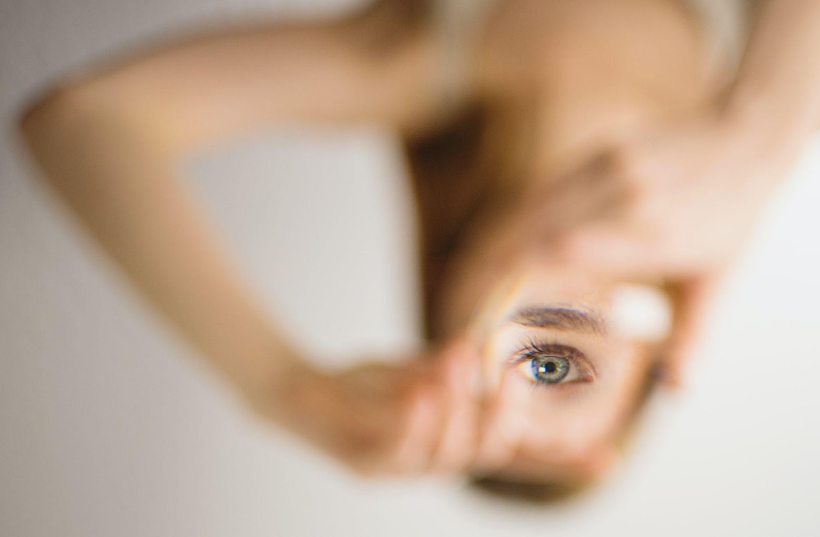
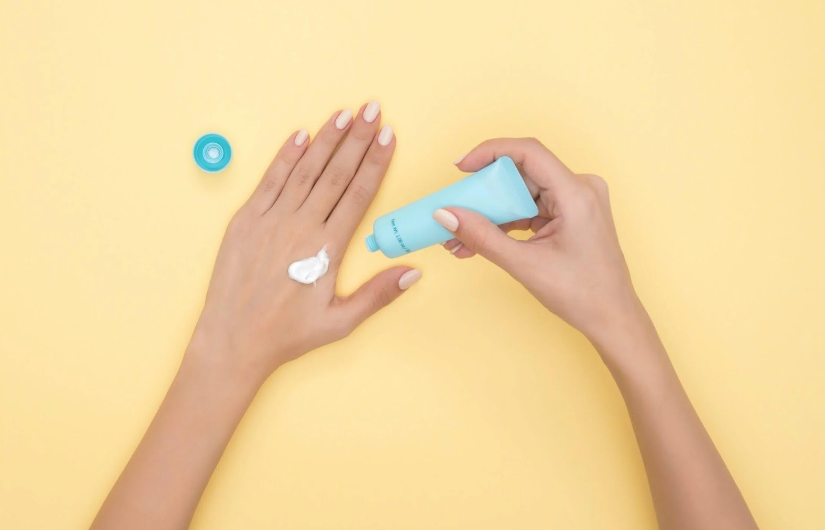
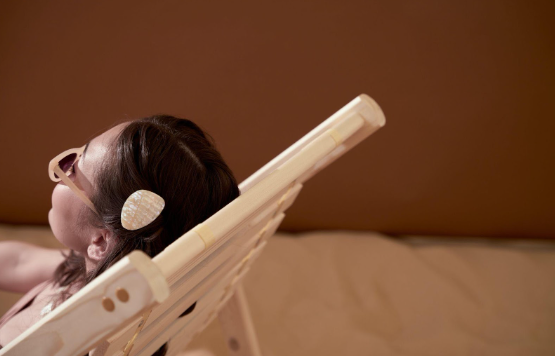
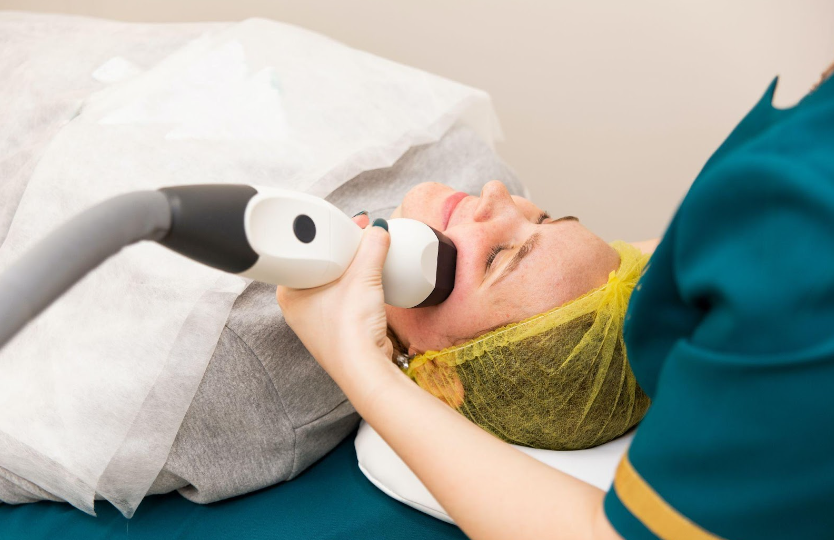


Phone:
Address:
Hours of Operation:
Mon-Fri: 8:00am to 4:30pm
Phone:
Address:
Hours of Operation:
Mon-Fri: 8:00am to 4:30pm


